Treasures
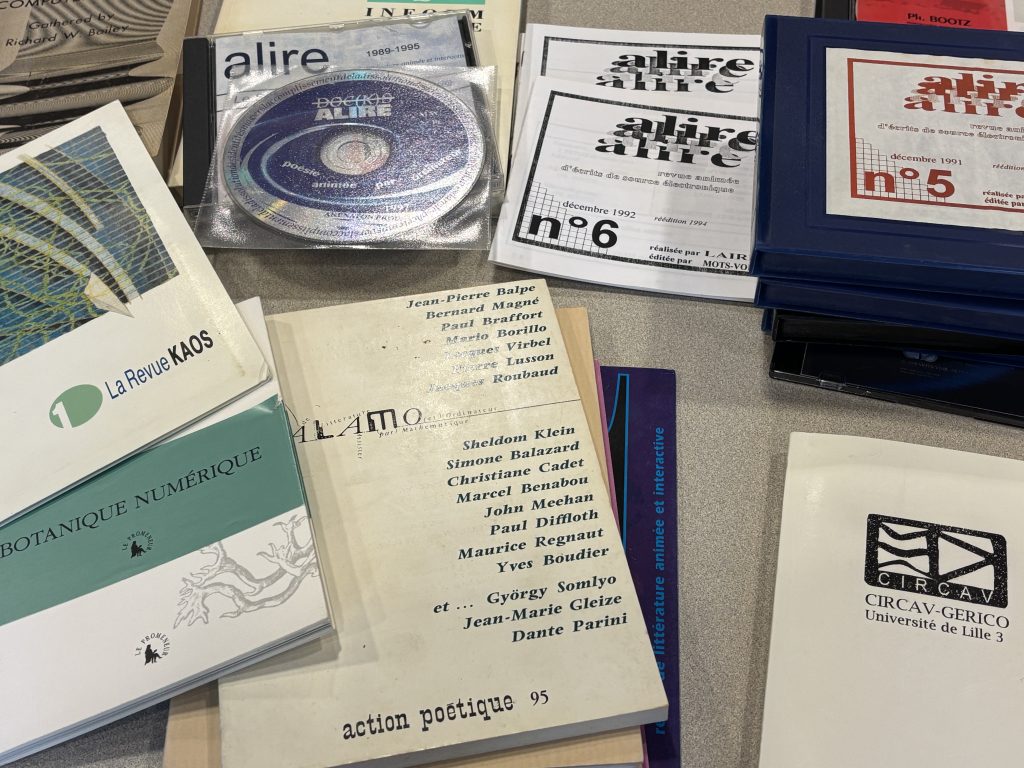
I had mentioned in the BBC article that the lab was missing one computer needed to do our work: a computer that could run Windows 1995 and had a 5.25-inch floppy disk drive. From that news story we received one! A big shout out to John McNamara from Canada who took the time to ship […]
ELL Was Awarded a Society of American Archivists Catalyst Grant

We learned today that we were awarded the Society of American Archivists (SAA) Catalyst grant. The funds will support video recordings of 78 works of born-digital literature, art, and games produced in Shockwave and held in archive at The NEXT (https://the-next.eliterature.org). These video recordings will follow the formal process that Stuart Moulthrop and I pioneered […]
BBC News & Stories Article
When the email popped up in my inbox in March, I was a bit skeptical: the BBC writing to arrange to talk to me about Microsoft in preparation for an article it was doing about the company’s 50th Anniversary? But it was true, Thomas Germain, the journalist, was reaching out to folks who were using […]
Enhancing Immersive Experience at The NEXT’s Viz Space
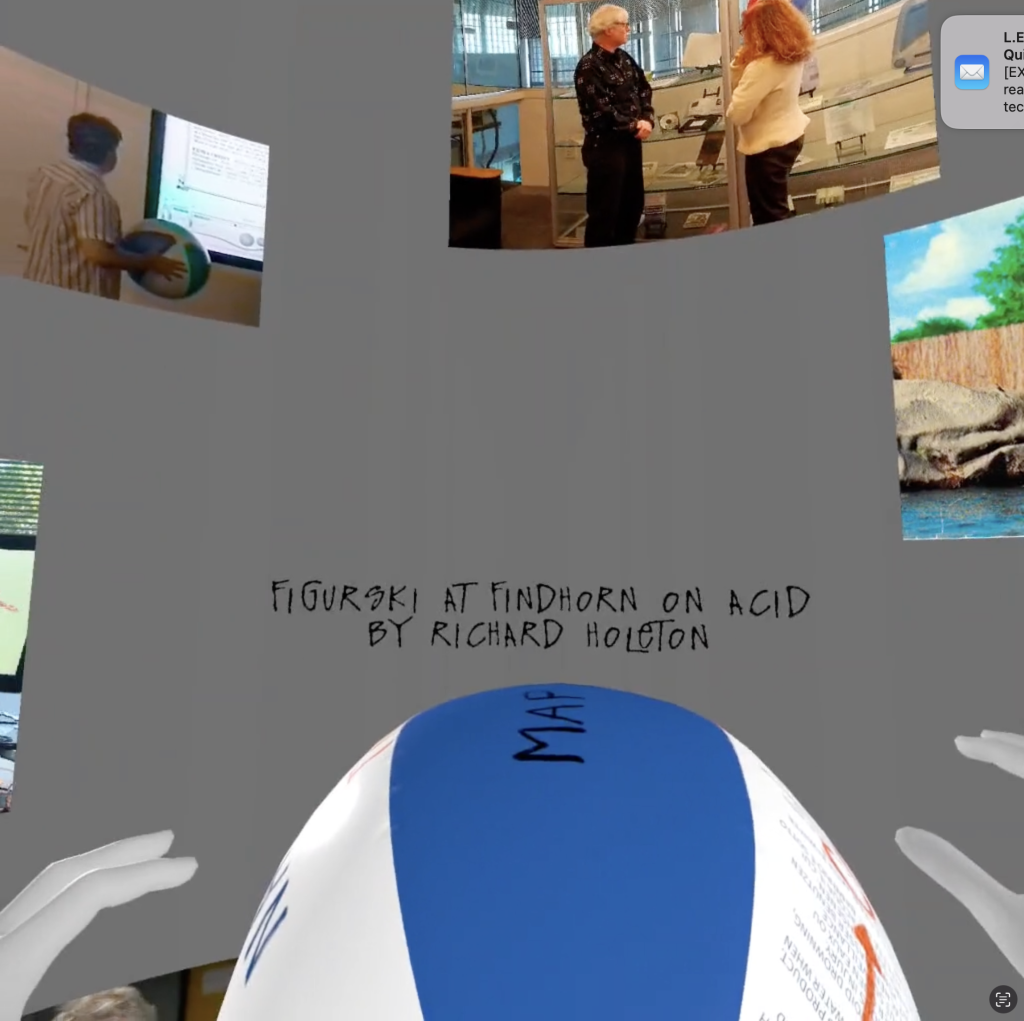
This video clip shows the process the Electronic Literature Lab’s XR Programmer Andrew Thompson is making with making The NEXT’s Visualization space more immersive for visitors. When we first created the Viz space, it was envisioned as way we could make physical artifacts from The NEXT’s collections accessible to the public, remotely. Objects like […]
ELL’s James Lesperance Wins Three Awards!
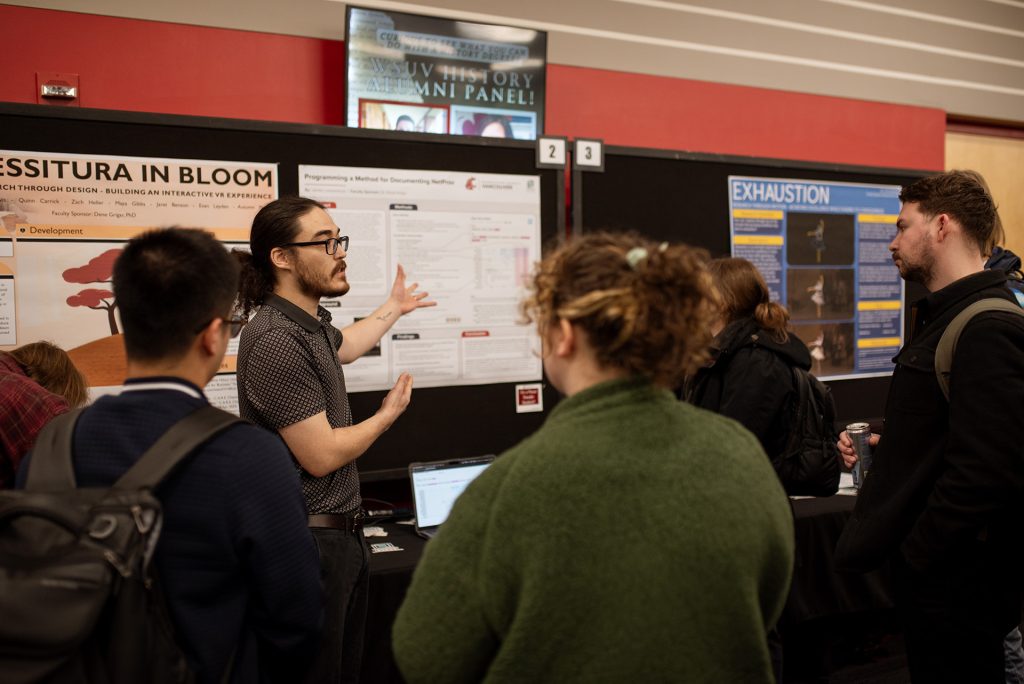
James Lesperance, ELL’s programmer and a recent graduate of the DTC Vancouver department, has won three awards this spring. The first was 2nd place in the Student Undergraduate Research and Creative Activities (SURCA) competition in the category of Art and Design, held on the WSU Pullman campus on March 24, 2025. His project, “Programming a […]
TedXTalk about the VR Integration in The NEXT
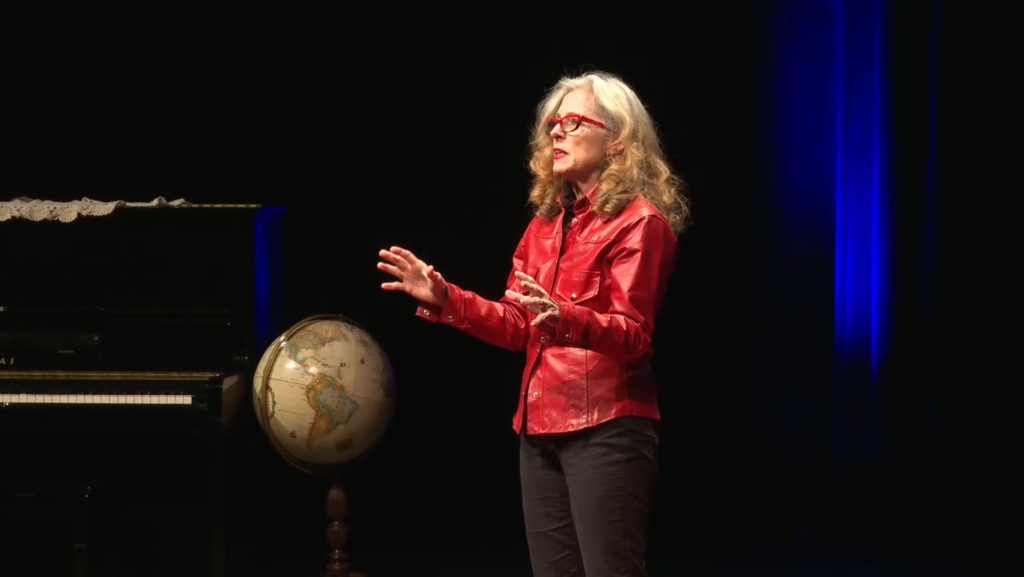
On March 8, Dene Grigar participated in the TedxTalk at Marshall University. The talk, entitled “Making the Virtual Real and the Real Virtual,” focused on the Virtual Reality implementation in the Viz space at The NEXT, a project partially funded by a 2024 WSU Vancouver Research Mini-Grant. Joining her on stage was Andrew Thompson, the […]
The Future of Text in XR Symposium
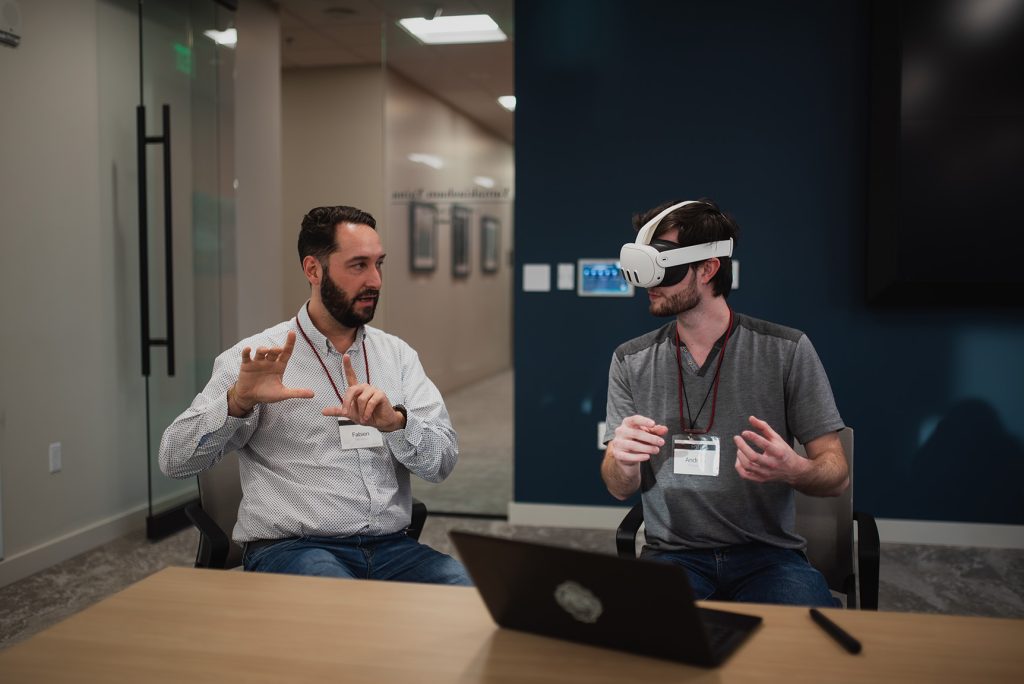
On Saturday, November 23, 2024, Dene Grigar and Frode Hegland (University of Southampton) co-hosted The Future of Text in XR Symposium (https://thefutureoftext.org/symposium/) at the Murdock Building in downtown Vancouver, WA. Joining us were 46 in-person and 14 online participants from the U.S., UK, Belgium, Demark, and Italy. The event was funded by the Alfred P. […]
The Future of Text in XR Symposium
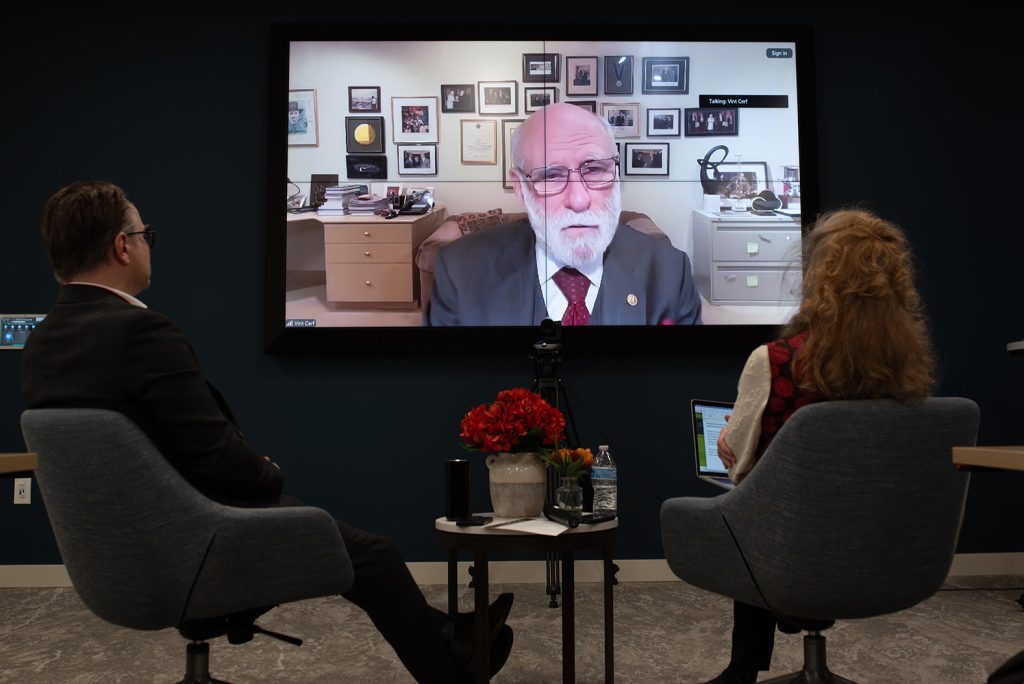
On Saturday, November 23, 2024, Electronic Literature Lab’s Dene Grigar co-hosts (with Frode Hegland) The Future of Text in XR Symposium. The event, which takes place at The Murdock located at the Vancouver Waterfront, 655 W. Columbia Way, Suite 700, is associated with The Future of Text in XR project, and funded by the Alfred P. […]
Dene Grigar Received ELO’s Luesebrink Award
The Electronic Literature Lab’s founder and Director Dene Grigar, was given The Marjorie C. Luesebrink Career Achievement Award by the International arts organization, Electronic Literature Organization (ELO). This award honors “a visionary artist and/or scholar who has brought excellence to the field of electronic literature and has inspired others to help create and build the field” (“ELO […]
Reconstructing & Restoring Christy Sheffield Sanford’s Red Mona
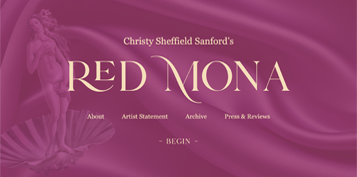
The lab finished the work to reconstruct Christy Sheffield Sanford’s work of net art, Red Mona, and restore the original website that presented it. This activity marks the first time we have done both activities to a single work of digital art to preserve it. Red Mona is a narrative based on Guy de Maupassant’s short […]
